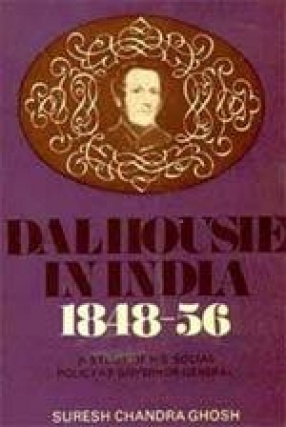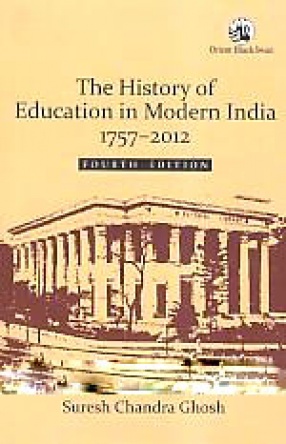Scholarly interest in Dalhousie has for a long time concentrated on his wars and annexations, conquest and consolidation, and his responsibility for the Mutiny which swept the Indian sky in 1857. Few know about his care for the people of India and his concern for their moral and material upliftment. Drawing his inspiration from a utilitarian philosophy, he strove for its fulfillment in India. He reformed the educational system of India, improved the position of women in the society and introduced railways, electric telegraph, and uniform postage, which he described, in his final minute in 1856, as ‘the three great engines of social improvement.’ Only the posterity knows how prophetic this description was! Yet when he left India, he felt, he could have achieved more in this direction, if only he was blessed with a good health and given a longer tenure as Governor-General. It was his regret that he could not complete the various measures he had initiated as part of his mission. Nothing reflects this more poignantly than the remark he made to his friend, Couper, on hearing of Canning’s selection as his successor in August 1855. ‘I shall mourn over many things undone, or only half-done, when I go.’ This work throws fresh light on the significance of Dalhousie’s reign in the evolution of modern India.
Essays on Modern India
$19.80
$22.00








There are no reviews yet.